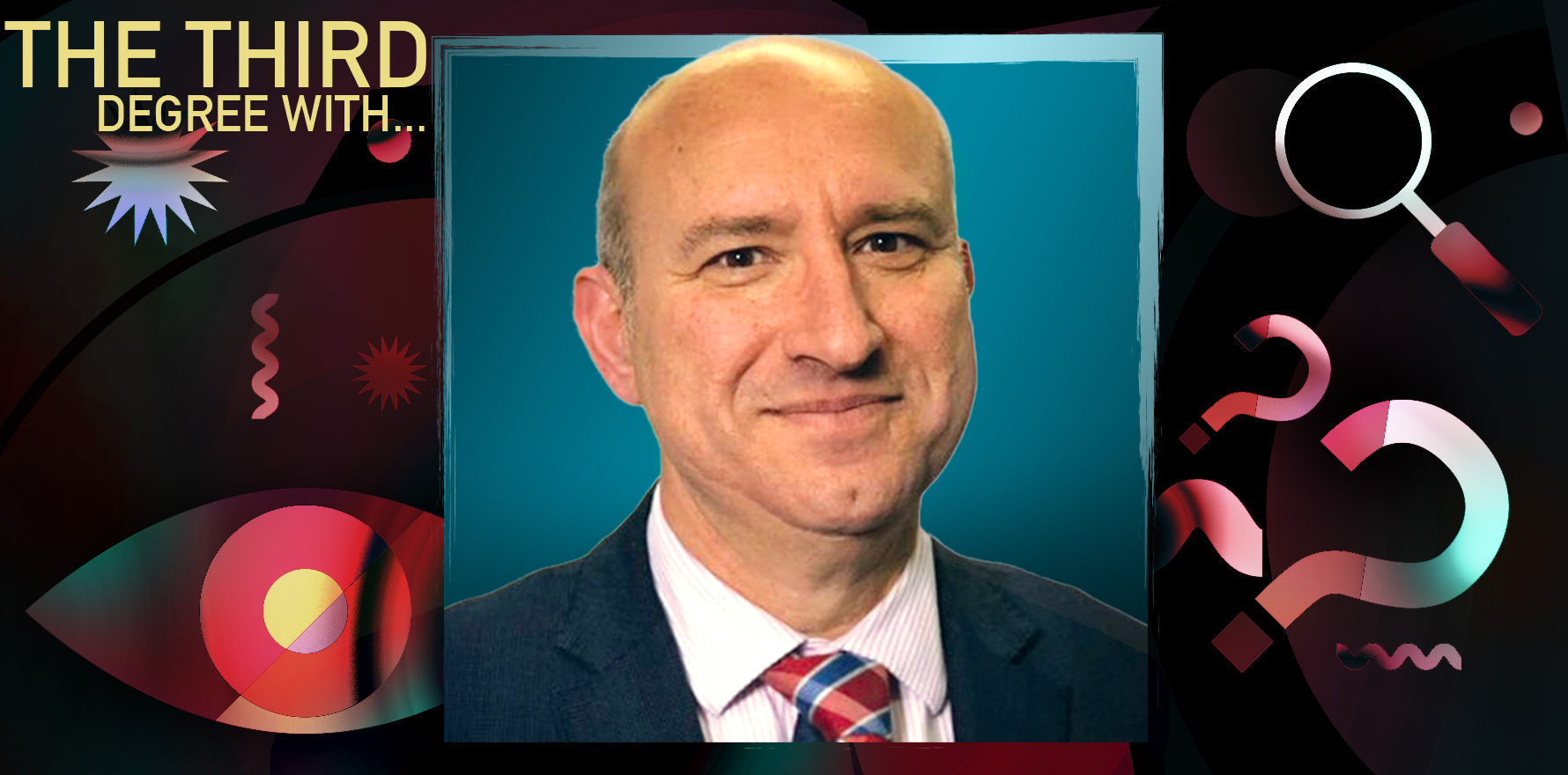In a tale as old as time, good records will help you avoid the ire of the PSR.
The Professional Service Review has recorded five cases of GPs breaching the 30/20 rule in July and August, with punishments ranging from counselling to hefty repayments.
The 30/20 rule, introduced after the peak of the pandemic in October 2022, dictates that any doctor who claims 30 or more telephone services a day for 20 days or more in a 12-month period will be automatically referred to the PSR.
In the PSR director’s update for July and August 2024, five GPs were recorded to have breached the rule.
One was able to demonstrate “exceptional circumstance”, thereby dodging the charges.
Unfortunately that wasn’t the GP’s only cause for referral, and they were asked to pay $100,000 in rebates for PBS claims and poor record-keeping.
Speaking to The Medical Republic, general manager and general counsel for the PSR Bruce Topperwien said that, from his understanding, cases of exceptional circumstance relating to the 30/20 rule relied predominantly on access needs.
“In the latest update, there were a number of instances there where we looked at 30/20 breaches,” he said.
“My understanding is that in those cases where we found that there were exceptional circumstances … [the practitioner showed that] patients weren’t able to attend in person easily, and there was a real need at that time for the services to be conducted by telephone.”
For the four other GPs, penalties ranged from counselling by the PSR director to $295,000 in repayments, a sum that included repayments for other breaches.
Mr Topperwien told TMR that the rule aimed to maintain the preference for in-person GP consultations.
“The main reason for bringing the rule in, as I understand it, was to discourage your usual consultation with your GP from being over the phone,” he said.
“Because that’s not usually good for [the patient] and means the GP hasn’t got a real opportunity to examine you.
“The 30/20 rule only applies to telephone attendances, not video ones.”
Mr Topperwien said the PSR often saw “appalling” records among GP referred for breaching rules like the 30/20 rule.
“[When] we’ve got to find out whether or not the person engaged in inappropriate practice, the [Health Insurance] Act says the only thing we have to take into account is whether they kept an adequate and contemporaneous record of the service,” he said.
“So that really shows how important it is.”
Mr Topperwien added that with the rise of telehealth appointments in recent years in the wake of covid, he expected to see more breaches of other rules too.
“The concern is, for some doctors [telehealth] enables them to just see more patients, rather than providing more effective healthcare,” he said.
“I suspect that there’ll be more breaches of the 80/20 rule, because GPs are doing extra telehealth items on top of their usual face-to-face consults and they’ll just trip over that 80 line and effectively not really realise that the telehealth [attendances] are included within the 80/20 rule.”
Related
The 80/20 rule dictates that doctors cannot bill 80 or more relevant professional attendance services on each of 20 or more days in a 12-month period.
Mr Topperwien said that the basis for the 80/20 rule was very different from that of the 30/20 rule.
“You can’t do good medicine if you’re doing 80 attendances regularly [in a day], that really was the basis for the rule,” he said.
“You don’t get caught by it unless you do it for 20 or more days, which means you’ve really got to be consistently seeing lots of patients.”
During July and August, two GPs were found to have breached the 80/20 rule and asked to repay $525,000 and $30,000 in rebates each, including repayments for other breaches.





